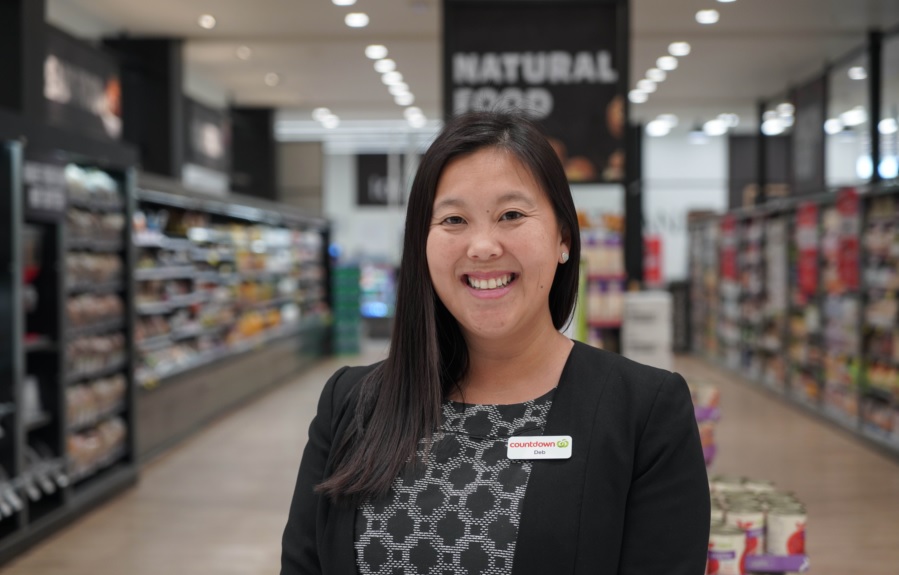Kiwi millennials’ healthier lifestyles are part of a driving force towards more health products in supermarkets, creating new trends and influencing everything from snacking to alcohol, and even the butchery department.
Countdown’s dietician, Deb Sue says recent research undertaken by Countdown clearly shows that health and wellness is a megatrend that isn’t slowing down anytime soon, and that millennials are now one of the largest drivers behind the wellness surge.
Countdown now has dedicated health and wellness sections in 140 of its supermarkets; the supermarket chain has just dropped the price of a further 39 health food products and now has nearly 100 products on an everyday low price in a move to make this growing trend more affordable for New Zealanders.
“Millennials have grown-up in a digital world and they are a generation that actively seeks out product information and reviews, follows friends and family advice over experts, and are some of the leading reasons we are seeing so many changes across the food industry,” says Deb Sue.
“Our research shows they are demanding innovation and new product development at a rapid rate, be it no or low-alcohol beverages because they have a greater focus on their personal health than perhaps their parents or grandparents did, or new products that support a flexitarian or vegan diet, superfood powders, fermented foods, the surge towards healthier snacks, and a rapidly developing trend around collagen proteins,” she says.
“Across the board, customers are telling us that they see price as one of the biggest barriers to eating healthily. We’re not only actively working with our suppliers to support this desire for new product innovation, but we’re also focused on making sure that choosing health products doesn’t have to be expensive. We now have 140 stores with dedicated health food sections and almost 100 key products within our health food range which are part of our low price everyday programme.
“Our view at Countdown is that getting whole grains like quinoa into your diet, introducing kombucha or switching to almond milk shouldn’t have to break the bank,” says Deb Sue.
Countdown’s research highlights that health and wellness means different things for different people, and people are drawn towards choosing health products for a range of reasons, including concerns about animal welfare, sustainability or environmental drivers, as well as general diet or health.
“You only have to look at Kiwi’s diets 20 or 30 years ago, where meat and three veg was the norm to see how much has changed. While still popular, meat is no longer the only protein on our plates. Lamb consumption is down 70 per cent since 1990 and our customers are actively searching out alternatives,” says Deb Sue.
The flexitarian trend has also created significant new product growth in this space with supermarket fridge space now packed options such as falafel, tofu, dairy-free cheese and new products such as Sunfed meat alternatives.
“Another area of growth for us is healthy snacking products. We know that millennials tend to have smaller meals throughout the day and want healthy snacks along the way. Right now it’s all about protein bars, roasted seaweed, chickpea snacks, bliss balls, vegetable chips and nuts and grains.”
Deb Sue says millennials are also advocating that beauty is more than skin deep and are increasingly looking for a more holistic approach to their own wellbeing.
“The lines between beauty, food and health are now intersecting giving rise to new products that support health from the inside out. Kombucha sales at Countdown quadrupled in the last year and the latest superfood trends which are about to hit our shelves is collagen protein and bone broth.
“Countdown is helping to make these products easily available and affordable, not just a fad diet from a celebrity chef,” she adds.
Last year Countdown committed to a range of health and nutrition targets to encourage health choices for customers: https://www.countdown.co.nz/community-environment/countdowns-health-and-nutrition-targets.



